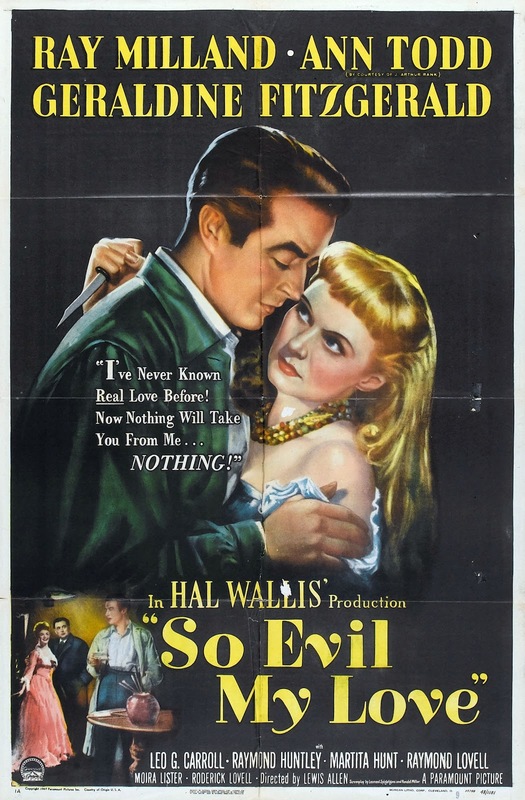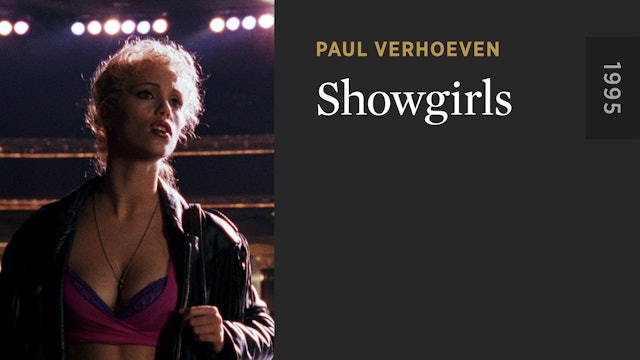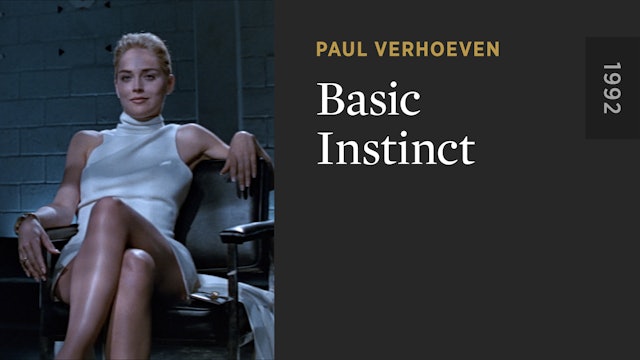Do you think I am going to discuss how the depiction of naked female bodies (and the lack of male ones) in this classic anime reflects patriarchy's objectification of women? The answer is no. I have free time to write blog posts, but not that much free time to write about things that too many people already see and know. Surely, you know the original manga, created by Shirow Masamune, was published in a seinen magazine (seinen: young adult men) in the early 1990s? Naked boooooobs is par for the course. I have no objections in this context. People should be allowed to have their booooooobs.
No, there are other gender-related elements in Ghost in the Shell, written and directed by Mamoru Oshii, based on the original manga. Here I just want to point out one curious thing in the gender presentation of the self-aware artificial intelligence, an entity known as either the puppet master or Project 2501.
In the 1995 movie, the puppet master (a ghost without a shell) is driven by Section 6 into a female robotic body (a shell, with boobs of course) and "captured" for destruction, but it is referred to by the human characters as "he" and voiced by a male actor (Iemasa Kayumi). Later in the climactic scene, the puppet master talks Major Kusanagi into mating (connecting) with it to produce a new generation of AIs that live inside Major (or maybe just in the interweb), and Major agrees. (Note that in the manga sequel, Major did go on to spawn a number of "selves", which can be interpreted as baby AIs.)
Let's review. At first, the AI enters and controls a naked female body with an empty brain, it speaks in a male voice and is referred to with the male pronoun, and later it has a cyber intercourse with a female character. Few, if anyone, would question such a premise, even if the scene of a female half-body speaks with a male voice is incongruent (above). Nevertheless, Oshii was obviously not unaware of the gender mismatch, because in this scene he had the (fully clothed) human male characters comment that "we refer to the puppet master as 'him' for convenience, but we don't know whether it is a man or a woman."
That the puppet master was originally imagined or, more precisely, assumed to be male is corroborated by the symbolism of the cyber intercourse scene. The puppet master explains to Major that it wants to reproduce with another entity of its kind to introduce diversification into its own "genetic" material, and it has chosen Major. It is clearly uninterested in Batou or any other man (more precisely, male cyborg) in the world. In fact, the puppet master has been stalking Major in the web for a while, which is why Major had a vague feeling of not being entirely herself in earlier scenes. Thus, the story is on some level about mating/reproduction. Of course, just like the Prometheus series by Ridley Scott, the author assumes that the self/subject (the storyteller and the audience's point of view) is male, who seeks a female body/object to complete the baby-making mission, because he can't do it by himself. The entire chain of logic is so instinctive and deeply embedded in our culture (nearly all cultures in the modern world?) that everyone barely registers its meaning.
(Unlike Skynet, the AI is not interested in world domination. It just wants ... babies, which is kind of funny, because the human urge for babies is driven by our fear of mortality.)
But not so fast!
In the 2008 "Ghost in the Shell, 2.0," which includes some new 3D animation and re-edited background music, the puppet master is re-dubbed in a female voice.
I realized this when I rewatched the DVD of 2.0. I was switching between the English and Japanese soundtracks and found it strange that the English version had a male voice but the Japanese version a female voice. Usually the English dub would never make such a drastic change from the original version. After a little digging, I found that the English dub was created for the 1995 version and no one even realized that the puppet master was re-dubbed in 2.0.
This had to be a deliberate change. I looked up the credits for both the 1995 original movie and the 2008 version 2.0. It appears that no other characters were re-dubbed except the puppet master. It was neither an accident nor pressure from the "woke mob" that the voice changed gender. Other than Oshii himself, who would or could do this?
Now the above-referenced scene with the female robot body seems more natural. As I watched a female voice inviting Major to have a baby with her---I mean "it", a totally different feeling started to rise in the air.
On a side note, I have been wondering whether male cyborg bodies in this world have all the male sex organs. Even a blind person can see that Batou has been carrying a torch for Major for years, but he is a character that is discarded by the author in this "romantic" triangle. However, can you still have sexual feelings with a mechanical body?




















